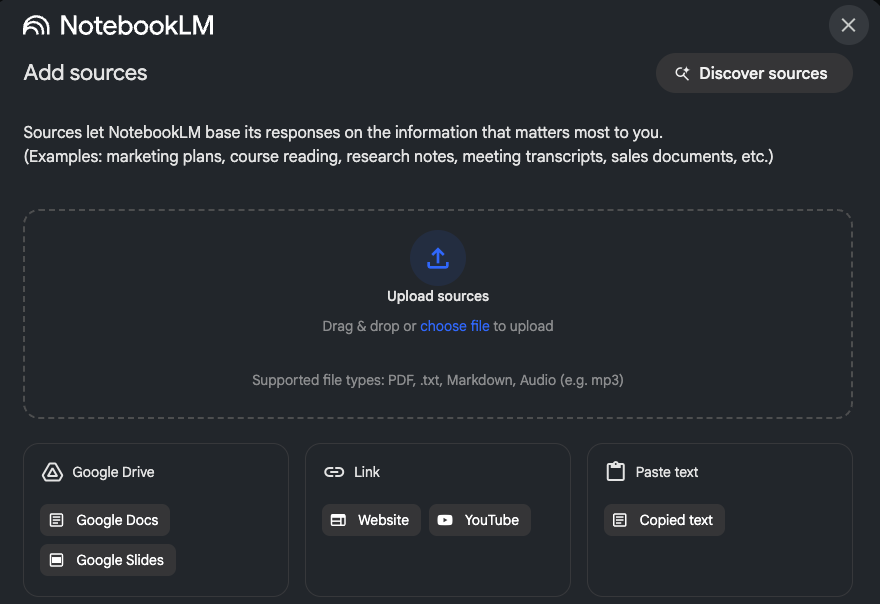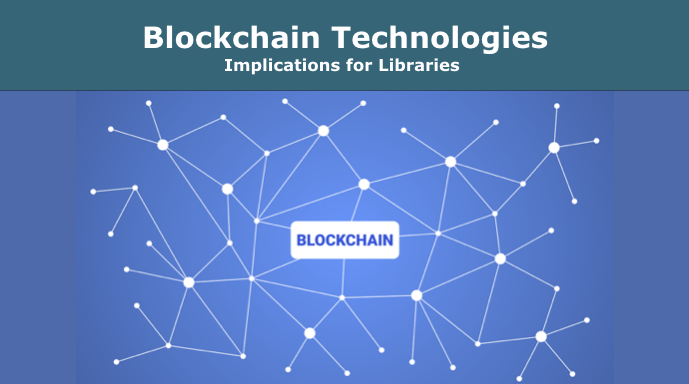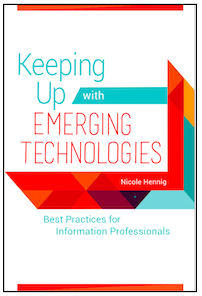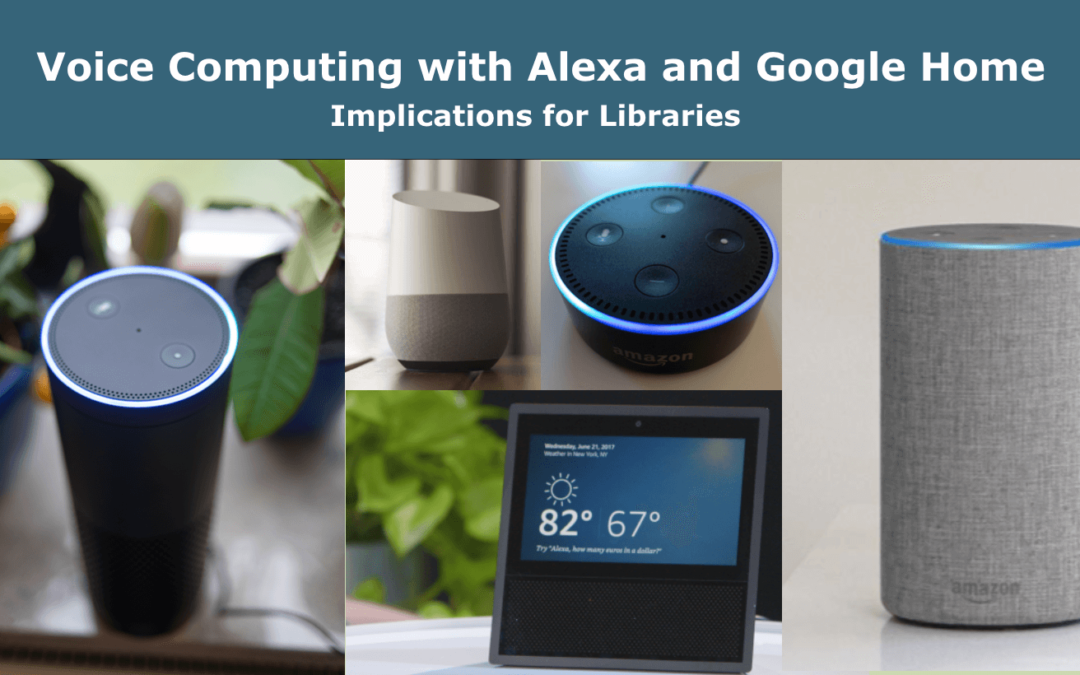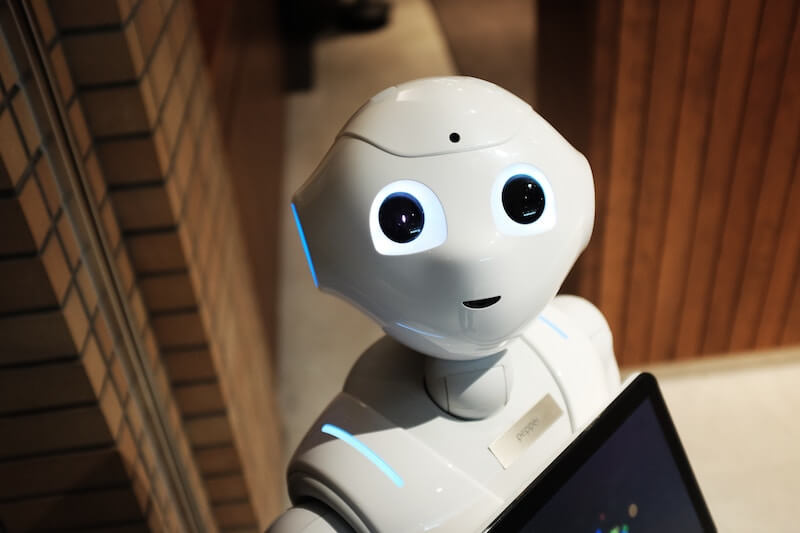
New webinar: AI’s Environmental Impact
90-minute workshop
Repeat session on Dec. 5, 2025, 2 – 3:30 pm Eastern time
(previous session was on October 17)
You’ll get a recording if you are unable to watch it live.
Sign up now at Library 2.0
As teachers and librarians, you’re on the front lines of introducing AI to students. But with headlines warning about AI’s massive energy demands, how do you balance the need for AI literacy with decisions about acting sustainably?
This webinar cuts through the confusion to help you make informed choices about sustainability in your classrooms, libraries, and communities.
We’ll examine independent estimates of AI’s energy and water use and put them in context in ways that are easy to understand.
We’ll include an introduction to how data centers work and what they are used for. We’ll clarify what we know and what’s still uncertain about AI’s carbon footprint (both in the present and in future projections).
We’ll compare individual AI use to other digital activities, and we’ll also look at global use of data centers with statistics from the International Energy Agency.
Did you know that AI technologies are also being used to mitigate climate change? We’ll look at some of the many innovations underway related to greener data centers, hardware, and chips. And we’ll look at how AI is being used in projects that map deforestation, improve recycling, clean up the ocean, innovate new materials for greener buildings, and more.
You’ll come away with some practical tips for answering questions from students, and some simple advocacy steps to use in your communities.
Learning agenda
- Review statistics about energy use of AI in a clearer context than the usual “factoids” you see in many headlines.
- Understand some basic facts about data centers and their use for AI and other technologies.
- Look at the history of news reporting about the energy use of other new technologies (like online book ordering in 1999 and streaming media in 2020).
- Compare the carbon footprint of individual uses of AI with uses of other technologies and then zoom out to global use and what it could mean for climate change.
- Examine the history of “Jevons paradox” and why it’s often quoted in relation to the growth of AI.
- See examples of how AI itself is currently being used to mitigate climate change.
- Get some practical tips for answering questions about AI and sustainability, and what we can advocate for collectively related to sustainable AI.
$99/person – includes live attendance and anytime access to the recording and the presentation slides and receiving a participation certificate.
To arrange group discounts, to submit a purchase order, or for any registration questions, email admin@library20.com.
AI’s Environmental Impact
The environmental story of AI is more nuanced than most headlines suggest. Come away with ideas for individual and collective action.
